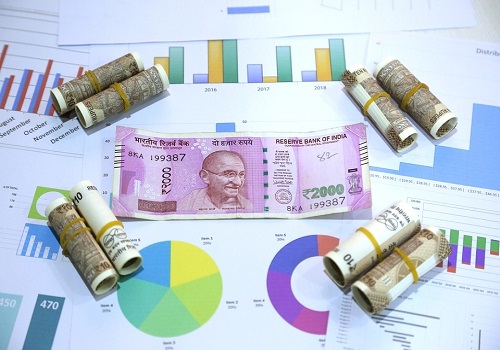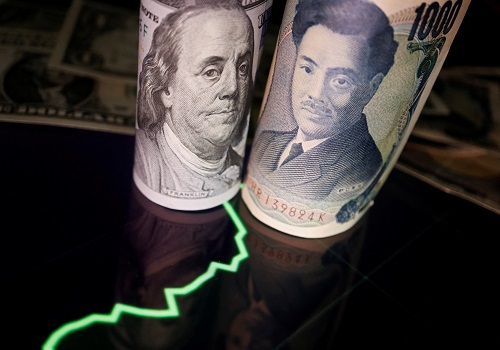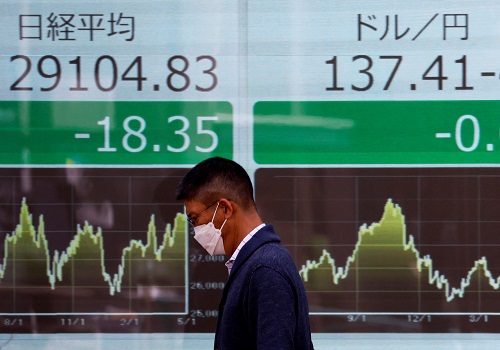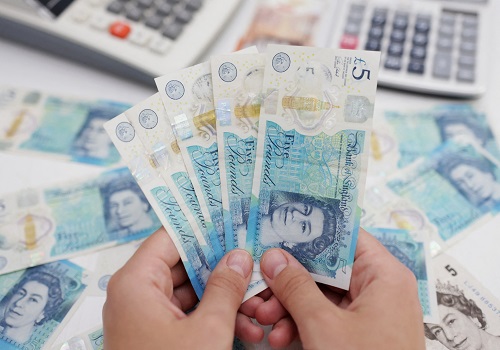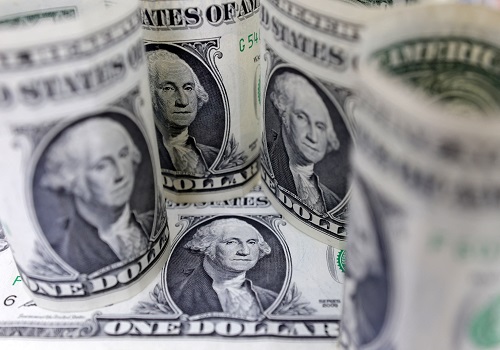U.S. dollar gains as investors brace for another strong inflation data this week
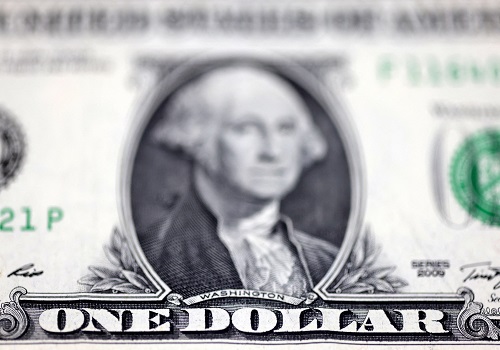
Follow us Now on Telegram ! Get daily 10 - 12 important updates on Business, Finance and Investment. Join our Telegram Channel
LONDON/NEW YORK -The U.S. dollar rose for a fourth straight session on Monday, as investors looked to inflation data later this week that is expected to show that price pressures remain elevated in the world's largest economy, keeping the Federal Reserve's aggressive monetary policy on track to continue until next year.
Sterling, on the other hand, fell for a fourth straight trading day even after the Bank of England (BoE) expanded its support for financial markets.
U.S. data due on Thursday is forecast to show that headline inflation came in at a hot 8.1% year-on-year rate in September, but down from 8.3% in August. Core inflation is expected to have risen to 6.5% from 6.3% previously.
Chicago Fed President Charles Evans on Monday said inflation is much more persistent than the U.S. central bank initially thought. But he noted that the Fed may still be able to lower inflation without a sharp rise in unemployment and without pushing the economy into a recession.
The U.S. dollar index was up 0.3% at 113.10, off lows of around 110 last week and creeping back toward last month's 20-year high of 114.78. The euro was down 0.4% at $0.9699.
"The dollar is maintaining the upper hand ahead of inflation data that's expected to remain stubbornly elevated and supportive of the Fed's higher-for-longer rate stance," said Joe Manimbo, senior market analyst at payments company Convera in Washington.
U.S. data last Friday showed that unemployment unexpectedly fell and the U.S. economy added more jobs than predicted in September. That pushed up bond yields as traders increased their bets that the Fed would hike interest rates by 75 basis points in November for the fourth meeting running.
In Britain, the Bank of England attempted to ease concerns about the end of its emergency bond-buying scheme.
UK markets went into a tailspin in late September after the government unveiled a plan to slash taxes and ramp up borrowing. The pound tumbled and the BoE was forced to intervene to prop up bond markets.
The BoE said it was prepared to buy as much as 10 billion pounds ($11.07 billion) of gilts on Monday, double the previous limit. It also created a new program to help banks more easily access cash.
Sterling slipped for a fourth session running despite the BoE's move. It was last down 0.4% at $1.1047, although it remained well above the Sept. 26 record low of $1.0327.
Geopolitical tensions and higher oil prices also caused renewed nervousness about growth, pushing investors back toward the dollar.
Russia pounded Kyiv and other Ukrainian cities with missiles in response to a blast that hit its only bridge to Crimea. Russia's rouble fell to 63 per dollar for the first time since July 7.
The Aussie dollar fell to a 2-1/2-year low of $0.6288 as the greenback rose. The Reserve Bank of Australia last week raised rates by less than expected, adding to the pressure on the currency. Higher interest rates typically attract investors toward a country's assets.
Japan's yen was little changed against the greenback after slipping toward a 24-year trough of 145.90 per dollar, a level that prompted authorities' intervention to support it last month. The dollar last changed hands at 145.59 yen, up 0.1%.
Chinese markets reopened after a weeklong holiday. The yuan opened at 7.10 per dollar before slipping to 7.1570, down roughly 0.4% versus the U.S. currency.












 320-x-100_uti_gold.jpg" alt="Advertisement">
320-x-100_uti_gold.jpg" alt="Advertisement">

